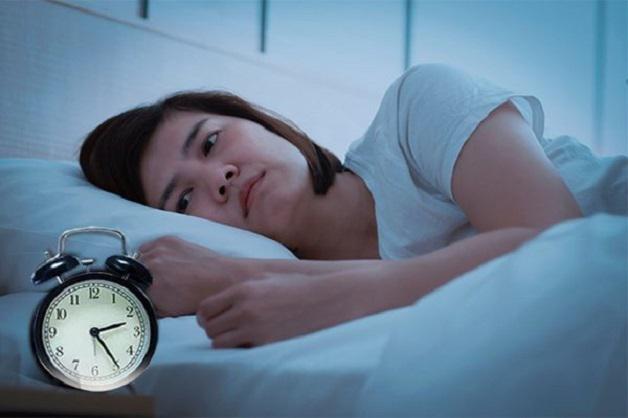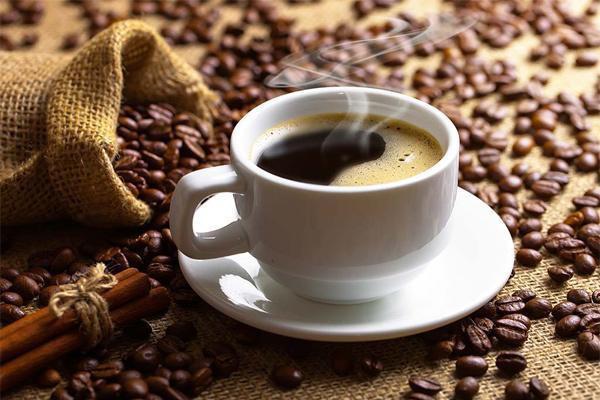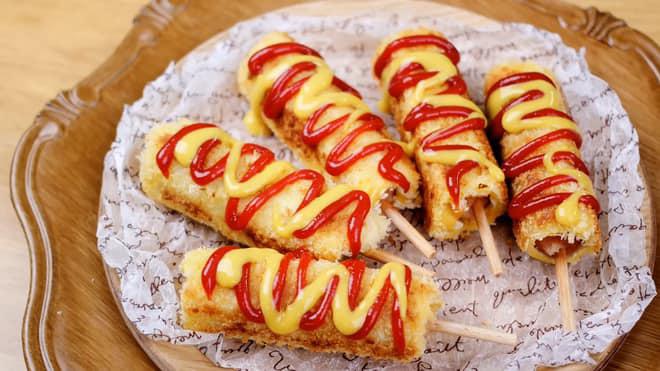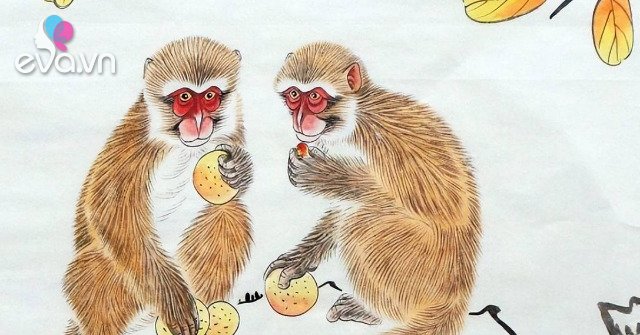6 foods to avoid when you have insomnia – Life Health
There are many risk factors for insomnia. In particular, an inappropriate diet can also affect the quality and duration of sleep. Some foods or ingredients in foods can cause irritation, disrupt circadian rhythms, change sleep habits, and lead to insomnia.
1. What harms sleep loss to health?
Sleep is very important for health. When we sleep, the body produces proteins called cytokines that boost immunity and fuel the body’s white blood cells. Sleep deprivation reduces cytokine production and makes you more susceptible to bacterial and viral infections.
During sleep, many important processes occur in the body, including: Muscle repair, protein synthesis, tissue growth, hormone release.
Sleep is a powerful stress reliever. It helps improve concentration, regulate mood, and improve judgment and decision-making. Lack of sleep not only makes you mentally sharp, but it also reduces your ability to cope with stressful situations.
Sleep is also important for memory consolidation – the process of stabilizing our memories. Sleep is the mind’s chance to process all the stimuli we’ve received while awake and cause changes in the brain, strengthening the neural connections that help us remember well.
Insomnia can interfere with daily activities and can make us feel tired, stressed, or sleepy during the day.
When you lack sleep, your body changes the hormones that regulate hunger and cravings. You’re also more likely to make unhealthy lifestyle choices when feeling tired.
Insomnia makes you more susceptible to illness because the immune system is not working at its peak. It can also have very adverse health effects and has been linked to chronic diseases like diabetes, heart disease and can even lead to obesity.
Insomnia has been found to exacerbate most mental health disorders, especially paranoia and hallucinations.

Lack of sleep has many negative effects on health.
2. The Link Between Insomnia and Food
According to Dr. Dr. Tran Thi Bich Nga, former Lecturer in Nutrition at Hanoi Medical University, has many risk factors for insomnia. The most common causes include: old age, hormonal changes, lifestyle habits, working at night or early morning, physical discomfort or pain, anxiety, prolonged stress, mental trauma…
In particular, diet can also directly or indirectly affect the quality and duration of sleep. Some foods or ingredients in food can disrupt circadian rhythms, change sleep habits leading to insomnia, such as stimulants, foods rich in fat, high in sugar…
In addition, the wrong diet has the potential to dramatically alter the gut microbiome (which helps you digest and absorb food), which can then affect other metabolic processes. , including sleep.
Eating too much, eating close to bedtime can also disrupt sleep due to digestive problems such as bloating, indigestion, acid reflux, making it take a long time to fall asleep and sleep not deeply.
Long-term unhealthy nutritional factors can also cause chronic inflammation, which is also linked to insomnia.
3. Some foods should be avoided when suffering from insomnia
3.1. Caffeine
Caffeine is a commonly consumed central nervous system stimulant. It is most present in beverages such as coffee and tea but can also be found in foods such as chocolate.
Many people use caffeine for energy and alertness. However, too much caffeine can decrease total sleep time and quality, as well as affect the time it takes to fall asleep.
Using too much caffeine can make it difficult to fall asleep and even cause insomnia, especially if consumed too close to bedtime. These effects may be more pronounced in the elderly because of poor neurological and psychophysiological functions, which are more prone to insomnia than younger people.
Therefore, you should consider your health status and the amount of caffeine you can use. For adults, no more than 400 milligrams per day is recommended.
Caffeine can affect the body within 6 hours of use. Therefore, caffeine should be avoided in the afternoon and evening if you notice it has an effect on sleep.

Too much caffeine can cause insomnia.
3.2. Black tea
One cup of black tea contains about 47 milligrams of caffeine. This is about two-thirds of the caffeine found in coffee and one of the highest levels of all teas. Therefore, black tea can act as a stimulant and keep you awake at night.
So, as with coffee, you should stop drinking black tea in the afternoon and evening so as not to disrupt sleep.
3.3. Alcohol
Alcohol is a stimulant, but a lot of people use alcohol to help them sleep. However, alcohol abuse can disrupt sleep stages and lead to insomnia.
Some studies show that alcohol can promote circadian rhythm disturbances and cause short sleep times. Alcohol also increases breathing-related sleep phenomena such as snoring and obstructive sleep apnea, especially in people with pre-existing medical conditions.
Alcohol abuse can disrupt sleep stages.
3.4. Foods high in fat and sugar
Foods high in fat and sugar, like cookies and cakes, can disrupt healthy sleep, especially when eaten close to bedtime. The high saturated fat content in these baked goods can contribute to acid reflux, making you very uncomfortable leading to insomnia.
In addition, the high sugar content in this food can increase blood sugar levels, leading to an increase in insulin and a number of other health problems that can lead to poor sleep quality and insomnia.
3.5. Snacks
Junk foods, sweets, and desserts are high in added sugars and saturated fats. Saturated fats and added sugars have been linked to health problems like heart disease, diabetes, and obesity.
As noted above, foods high in sugar and saturated fat have been linked to poor sleep quality and sleep disturbances, including insomnia.

Junk foods are high in added sugars and saturated fats that aren’t good for sleep.
3.6. Fast food and processed food
Fast food and processed foods are often high in salt, saturated fat, and added sugars. Eating too much of these foods can negatively affect your health and sleep.
Fast foods like deep-fried foods and high-fat meats take longer to digest. Eating these foods late in the evening can contribute to acid reflux and other digestive problems, leading to difficulty falling asleep and reduced sleep quality.
Additionally, certain amino acids, found in many aged and processed foods, such as processed red meat, can increase brain activity and possibly cause insomnia.
Therefore, you should replace fast food and processed foods with a diet rich in healthier foods with vegetables, fruits, whole grains, lean proteins and healthy fats. benefits for sleep and overall health.
at Blogtuan.info – Source: 24h.com.vn – Read the original article here




